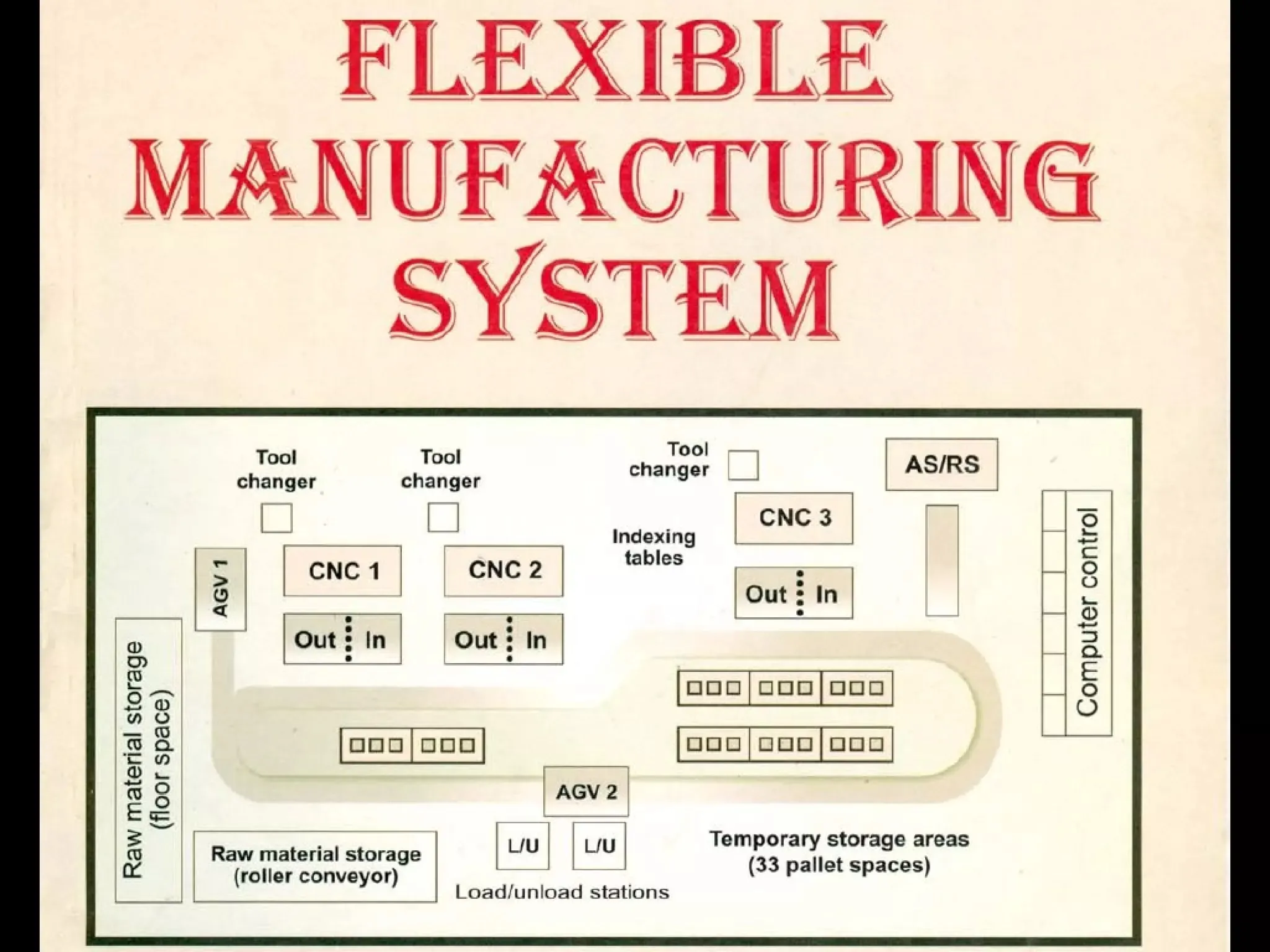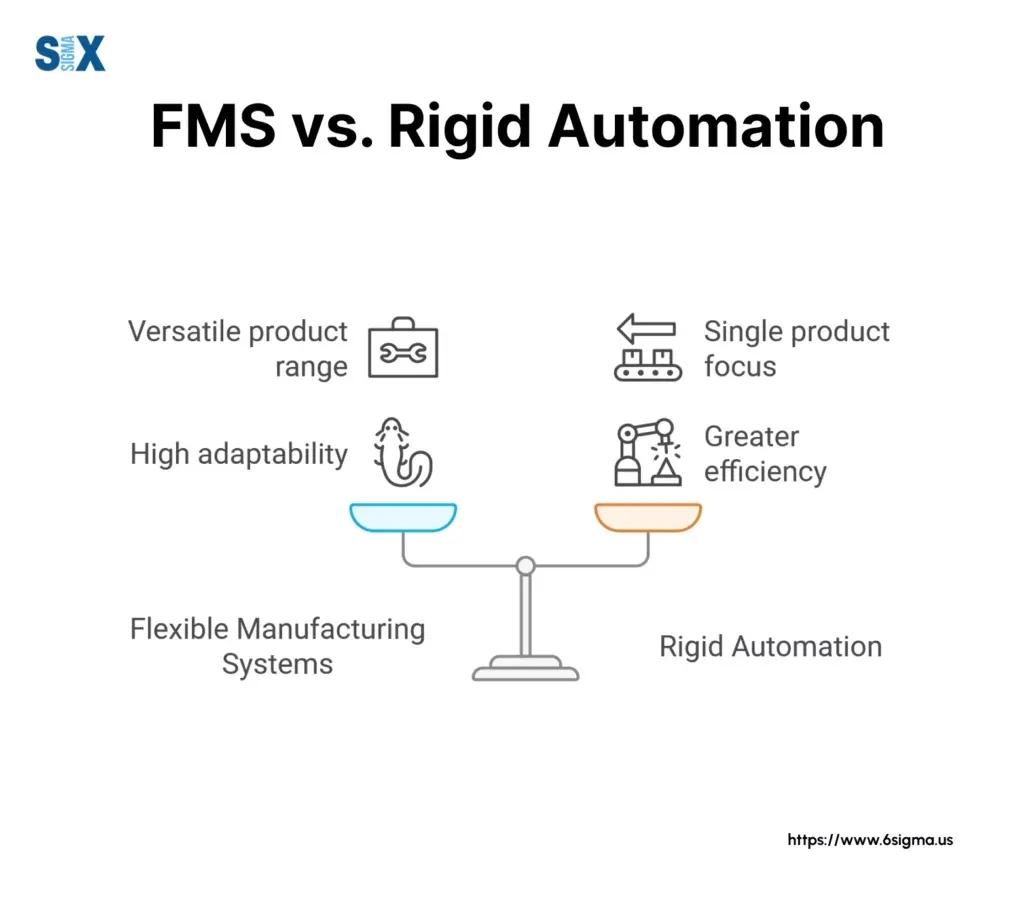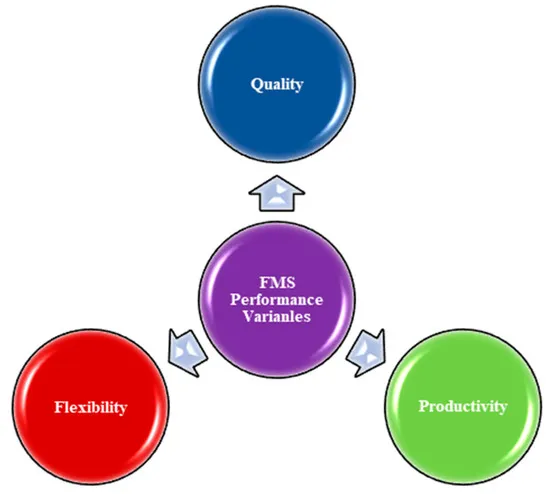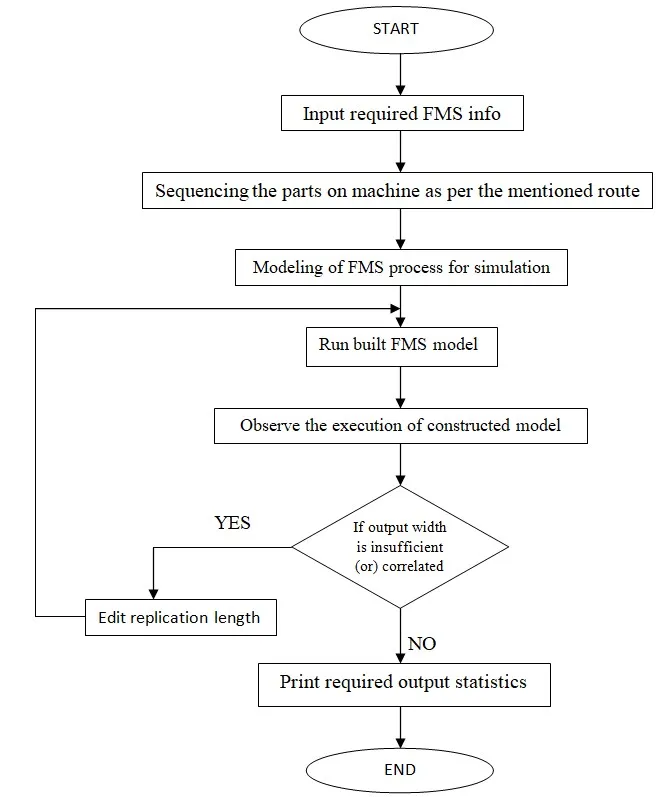
Flexible Manufacturing System: Pros and Cons Analysis
Flexible Manufacturing Systems (FMS) represent a revolutionary approach to modern industrial production, combining computer-controlled equipment, automated material handling, and sophisticated software to create manufacturing environments that can quickly adapt to changing production requirements. This comprehensive analysis explores the significant benefits and challenges associated with implementing FMS in contemporary manufacturing operations.
Understanding Flexible Manufacturing Systems
Before delving into the specific advantages and disadvantages, it's crucial to understand what constitutes a Flexible Manufacturing System. FMS integrates multiple machine tools, automated material handling systems, and computer control systems to manufacture a variety of parts with minimal human intervention. The system's flexibility allows for quick changes in production schedules, part designs, and manufacturing processes.

Major Advantages of Flexible Manufacturing Systems
Enhanced Production Flexibility
The primary advantage of FMS lies in its remarkable flexibility. These systems can efficiently handle multiple product types simultaneously and switch between different manufacturing tasks with minimal downtime. This capability enables manufacturers to respond quickly to market changes, customer demands, and product design modifications without significant retooling or reconfiguration costs.
Increased Productivity and Efficiency
FMS significantly boosts manufacturing productivity through continuous operation and reduced setup times. The automated nature of these systems allows for 24/7 operation with minimal supervision, while sophisticated scheduling algorithms optimize machine utilization and minimize idle time. This results in higher throughput and better resource utilization compared to traditional manufacturing systems.

Improved Quality Control
Automated inspection systems integrated within FMS ensure consistent quality throughout the production process. Computer-controlled manufacturing reduces human error, while real-time monitoring and feedback systems immediately detect and correct deviations from quality standards. This results in higher product quality, reduced scrap rates, and improved customer satisfaction.
Reduced Labor Costs
While FMS requires skilled technicians for maintenance and programming, it significantly reduces the need for direct labor in routine manufacturing operations. This automation leads to substantial labor cost savings over time, particularly in high-wage regions, while also reducing the risk of workplace injuries associated with manual manufacturing processes.
Significant Disadvantages of Flexible Manufacturing Systems
High Initial Investment
The most substantial barrier to FMS implementation is the enormous capital investment required. Costs include not only the sophisticated equipment but also the extensive software systems, facility modifications, and employee training necessary for successful operation. This financial commitment can be prohibitive for small and medium-sized enterprises.

Complex Implementation and Maintenance
Implementing FMS involves complex integration of multiple subsystems, requiring specialized expertise in automation, robotics, and computer systems. Maintenance demands are equally challenging, as system downtime can halt entire production lines. Companies must maintain a team of highly skilled technicians and engineers to ensure continuous operation.
Limited Flexibility for Radical Changes
While FMS offers excellent flexibility within its designed parameters, it may struggle with radical product changes that require entirely different manufacturing processes or significantly different part sizes. Major product redesigns might still require substantial system reconfiguration or additional equipment investments.
Comparative Analysis Table
| Aspect | Advantages | Disadvantages |
|---|---|---|
| Cost Structure | Lower per-unit costs at high volumes | Extremely high initial investment |
| Production Flexibility | Quick changeover between products | Limited to predefined capabilities |
| Labor Requirements | Reduced direct labor costs | High demand for skilled technicians |
| Quality Control | Consistent, automated quality assurance | Complex maintenance requirements |
| System Reliability | Continuous operation capability | Single point failures can halt production |
Implementation Considerations
Strategic Planning Requirements
Successful FMS implementation requires meticulous strategic planning. Organizations must carefully analyze their product mix, volume requirements, and future growth projections to determine if FMS represents an appropriate solution. This analysis should include detailed cost-benefit calculations and risk assessments.

Workforce Transformation
Transitioning to FMS necessitates significant workforce development. Companies must invest in comprehensive training programs to equip employees with the technical skills required to operate, program, and maintain these sophisticated systems. This often involves transitioning traditional manufacturing workers into more technical roles.
Future Outlook and Technological Evolution
The evolution of FMS continues with the integration of Industry 4.0 technologies, including Internet of Things (IoT) connectivity, artificial intelligence, and advanced data analytics. These developments promise to enhance system flexibility further, improve predictive maintenance capabilities, and create even more responsive manufacturing environments.
Conclusion
Flexible Manufacturing Systems represent a powerful approach to modern manufacturing, offering significant advantages in flexibility, productivity, and quality control. However, these benefits come with substantial challenges, including high implementation costs and complex operational requirements. Organizations considering FMS must carefully weigh these factors against their specific manufacturing needs, financial capabilities, and strategic objectives to make informed implementation decisions.
